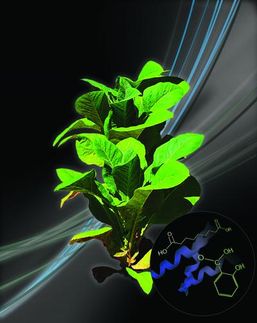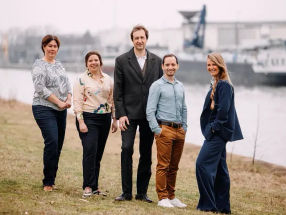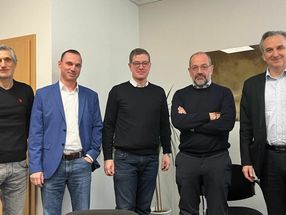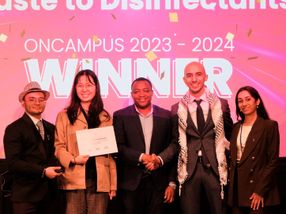Monsanto Welcomes ISAAA Report Highlighting Success for Biotech Crops in Developing World
ST. LOUIS (Jan.10, 2002) - Monsanto Company welcomes today's report by the International Service for the Acquisition of Agri-Biotech Applications (ISAAA), which demonstrates the growth in use of plant biotechnology around the world and its importance to improving agriculture in the developing world.
"This report puts an important focus on the economic, environmental and health benefits biotechnology can bring the developing world, including increased yields, reduced pesticide use and disease resistance," said Robert Horsch, Ph.D., Vice President for Monsanto's Technology Cooperation program.
According to ISAAA's "Global Review of Commercialized Transgenic (GM) Crops," biotech crop acreage in developing countries in 2001 represented more than one-quarter of total global biotech crop acreage.
"Farmers in developing regions are beginning to have access to modern agricultural tools like biotechnology that will help grow more and better food, care for the land, and protect the environment," said Horsch. "Plant biotechnology tools also help increase farmers' productivity and, in turn, their income, resulting in a reduction in poverty in their communities."
"These tools are particularly valuable in developing countries where farmers, whose welfare depends on a successful harvest, often lack conventional means of crop protection."
ISAAA also reports that more than three-quarters of the farmers who benefited from biotech crops in 2001 were resource-poor farmers planting insect-resistant or Bt cotton enhanced through biotechnology to repel bollworms, mainly in China and in South Africa.
According to a recent study by the University of Reading and the University of Pretoria, in the Makhathini Flats region of South Africa, where bollworms traditionally have destroyed up to 60 percent of growers' harvests, Monsanto's Bollgard cotton helped to increase yields by 33 percent, reduce pesticide sprays by six sprays per crop and increase income by an average of 27 percent.
"The success of Bollgard in Makhathini Flats is a good example of how biotechnology can help farmers in Africa and throughout the developing world improve the quantity and quality of crops they depend on for income and to feed their families and communities," said Kinyua Mbijjewe, Monsanto's spokesman for Africa.
"Hopefully this report will stimulate the support needed to enhance plant biotechnology research and broaden the developing world's access to the benefits of biotechnology," said Mbijjewe.
For more than 10 years, Monsanto has worked in collaboration with public agricultural researchers around the world to improve crops that are particularly important in developing countries. This commitment is reflected in the New Monsanto Pledge, a series of commitments that describe the company's policies for products developed through biotechnology.
These projects include providing broad access to a working draft of the rice genome and participating in work to develop the virus-resistant papayas in Southeast Asia and sweet potatoes in Africa.
ISAAA's 2000 global report mentioned that Kenya's first sweet potato field trials were underway. Those field trials were completed in 2001 and sweet potato research continues with Monsanto's report. In addition, the Monsanto Fund is supporting the St. Louis-based Donald Danforth Plant Science Center's efforts to develop a virus-resistant cassava, a staple crop in Africa.
Most read news
Topics
Organizations
Other news from the department business & finance

Get the life science industry in your inbox
From now on, don't miss a thing: Our newsletter for biotechnology, pharma and life sciences brings you up to date every Tuesday and Thursday. The latest industry news, product highlights and innovations - compact and easy to understand in your inbox. Researched by us so you don't have to.

























































